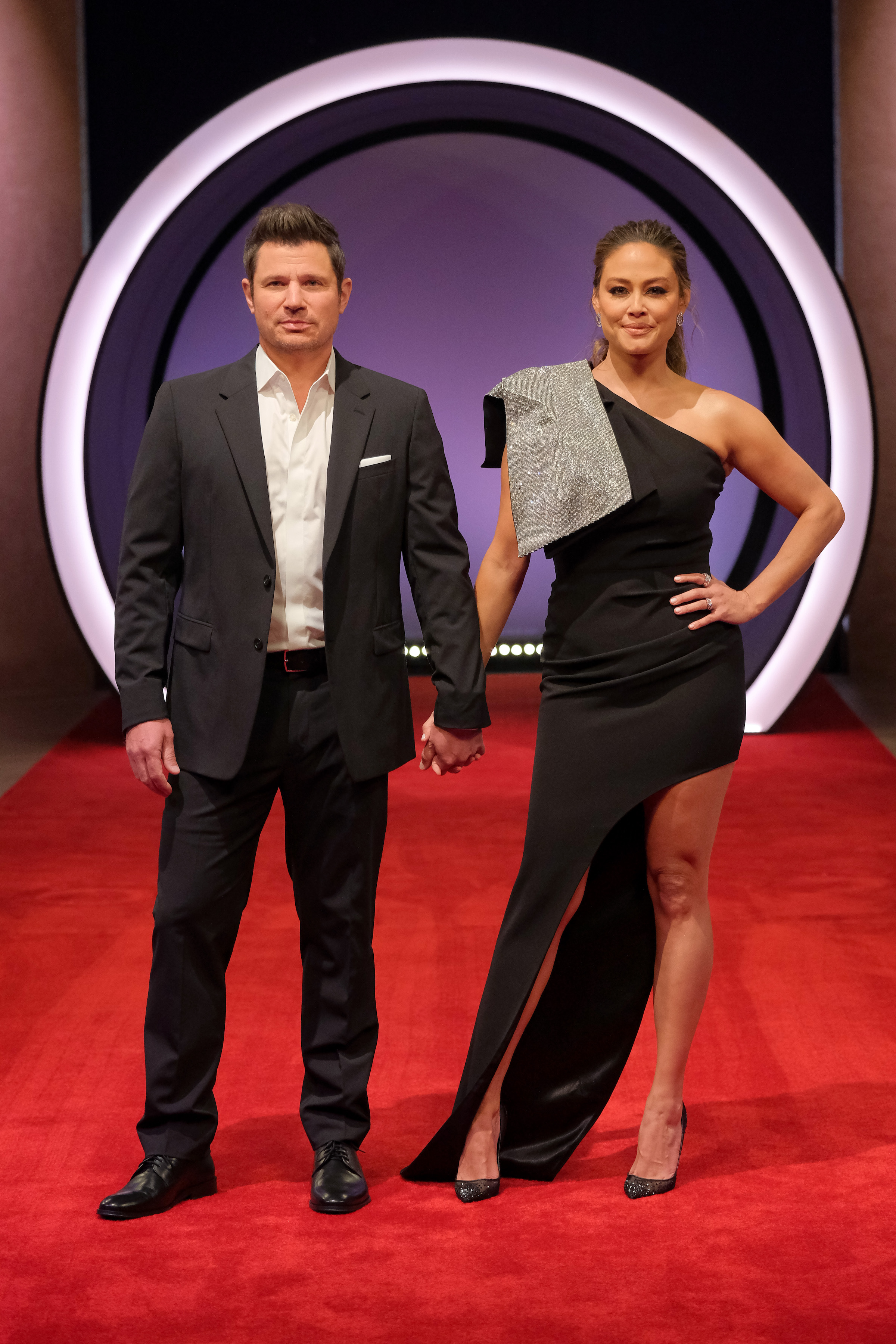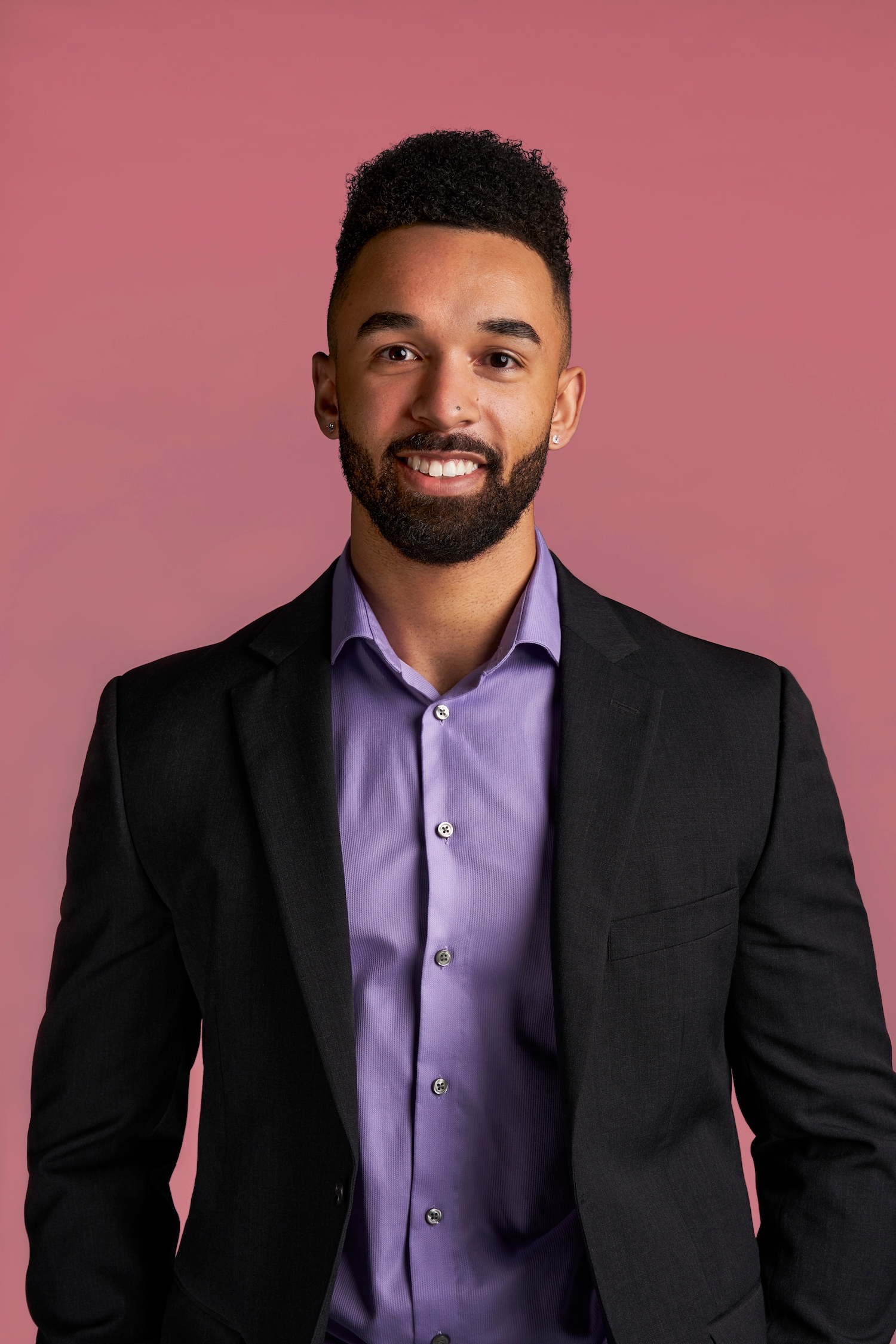Is love truly blind? This question has been at the forefront of discussions surrounding Netflix's hit reality show, Love Is Blind. The series, which gained immense popularity for its unique concept of matchmaking without sight, brought Clay Gravesande into the spotlight. A bold statement emerges when examining his journey: Clay’s story transcends mere entertainment; it delves into themes of trauma, family dynamics, and societal expectations, making him one of the most compelling characters in recent television history.
Clay Gravesande, a 31-year-old Guyanese-American man, entered the world of Love Is Blind as an enigmatic figure whose actions sparked both admiration and criticism. Initially pegged as the villain due to his tumultuous relationship with Amber Desiree Smith (AD), Clay's narrative evolved into something far more complex. His decision to leave AD at the altar during the season finale became a pivotal moment that resonated deeply with audiences. Yet, this dramatic turn was not just about personal choices—it unveiled layers of familial trauma and unresolved emotional baggage.
| Bio Data & Personal Information | Career & Professional Information |
|---|---|
| Name: Clay Gravesande | Occupation: Social Media Personality |
| Date of Birth: March 25, 1992 | Social Media Platforms: Instagram, OnlyFans |
| Place of Birth: Georgetown, Guyana | Followers on Instagram: Over 238K |
| Current Residence: United States | Notable Projects: Participant in Love Is Blind Season 6 |
| Family Members: Mother Margarita, Sister Taylor | Website Reference: HuffPost Article on Clay |
Following the conclusion of the show, Clay's life took unexpected twists. Months after walking away from the altar, he reemerged online, sparking new conversations about his post-Love Is Blind journey. Notably, he debuted what appeared to be a budding romance with Celina Powell, adding another layer of intrigue to his public persona. Meanwhile, fans were left pondering whether Clay had truly moved on or if this development signaled deeper issues within his emotional landscape.
The impact of Clay's departure from the show extended beyond mere gossip. It ignited broader discussions about toxic masculinity and intergenerational trauma. Critics argued that much of Clay's behavior stemmed from influences by his father—a man who seemingly perpetuated harmful patterns. During episodes featuring interactions between Clay and his family, viewers witnessed raw exchanges that highlighted unresolved conflicts. These moments served as poignant reminders of how unaddressed trauma can manifest in relationships.
In contrast, others defended Clay, emphasizing the importance of understanding context before labeling someone as inherently flawed. Jordan Madison, a licensed clinical marriage and family therapist, noted that many Black relationships face systemic challenges that often go overlooked. By analyzing Clay and AD's dynamic through this lens, Madison suggested that their struggles reflected larger societal issues rather than individual failings. Such interpretations underscored the complexity of human connection and the nuances inherent in modern romance.
Moving forward, Clay continued to build his presence in digital spaces, leveraging platforms like Instagram and OnlyFans to engage with followers. While some criticized his commercial endeavors, others praised his authenticity and willingness to share openly about his experiences. This transparency offered glimpses into his evolving identity post-show, showcasing resilience amidst public scrutiny.
As debates around Clay's character persisted, so too did questions about the nature of love itself. Could such a profound emotion exist independently of external pressures? Or is it shaped irrevocably by our histories and environments? These queries lingered long after the credits rolled, inviting viewers to reflect on their own perceptions of intimacy and commitment.
Ultimately, Clay Gravesande's arc in Love Is Blind served as a microcosm for exploring universal truths about human vulnerability and growth. Whether viewed as a cautionary tale or a testament to survival, his story remains etched in the collective consciousness of reality TV enthusiasts worldwide. As new seasons unfold, perhaps they will continue to challenge preconceived notions of love while inspiring meaningful dialogue about its complexities.




